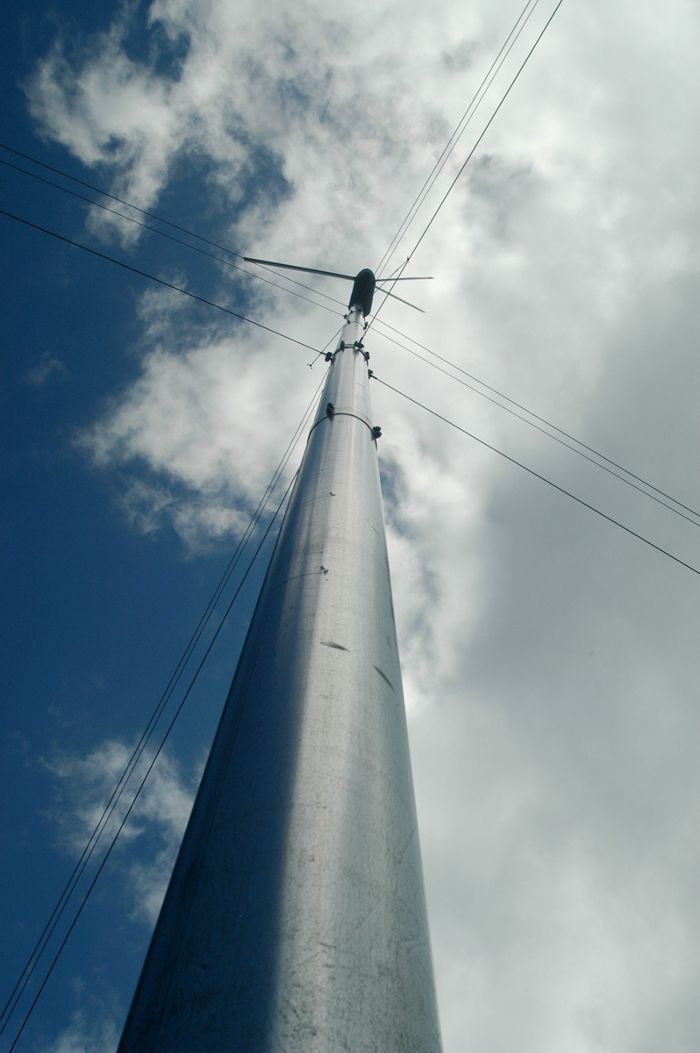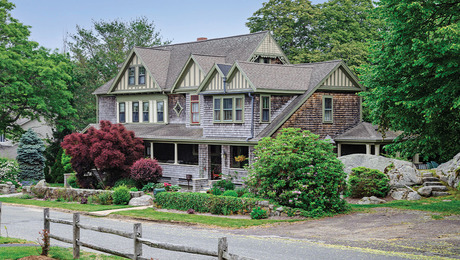
GreenBuildingAdvisor senior editor Martin Holladay came across a column in The New York Times that got him thinking. The subject? Whether the actions that indivdiuals take on a personal level really help curbing carbon emissions and slow the rate of global climate change.
More from greenbuildingadvisor.com
7 Steps to an Energy-Efficient House: 7. Renewable Energy
Resisting the Allure of Small Wind Turbines
The columnist contends that nothing indivduals do will have the kind of impact the green-building community would like to see. The problems are just too overwhelming.
Worse, small steps taken by indivduals are actually a distraction from government policy solutions that have a chance at working.
In a Q&A post at GBA, Holladay shares the columnist’s basic premise and asks for comment.
That’s the subject of this week’s Q&A Spotlight.
Read the whole article at Green Building Advisor
Fine Homebuilding Recommended Products
Fine Homebuilding receives a commission for items purchased through links on this site, including Amazon Associates and other affiliate advertising programs.

Affordable IR Camera

Reliable Crimp Connectors

Handy Heat Gun
























View Comments
From Wikipedia: "In 2001 the carbon emissions from coal use in China made up about 10% of the world total CO2 emissions at the time.[23] By 2004 this fraction rose to 14%.[24] It is believed that a continued increase in coal power in China may undermine international initiatives to decrease carbon emissions such as the Kyoto Protocol, which called for a decrease of 483 million tons by 2012. In the same time frame, it is expected that coal plants in China will have increased CO2 emissions by 1,926 million tons — over 4 times the proposed reduction.[25]"
Recycling and environment protection efforts are definitely not a waste of time. It may take a lot of resources now and may be costly for a few (even to consumers!) but in the long run, it will save the environment for generations to come. Thus, I don’t believe that it is a waste of time.